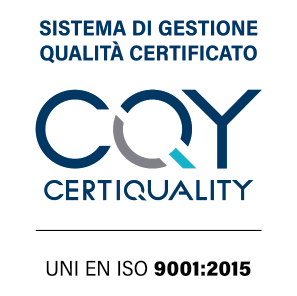Ocean Freight
Ocean Freight Services
Ocean Freight is essential for global trade, allowing the efficient movement of goods over long distances through the water. Merchant ships transport a wide range of goods, offering economic advantages due to their ability to handle large volumes and reduce unit costs. This transport method is crucial for the economic development of coastal communities and seaports, despite challenges such as ship security and marine pollution. Ultimately, Ocean Freight is a key element of the global economy, facilitating the exchange of goods on a worldwide scale.
Our services
FCL (Full Container Load) is a term used for maritime shipments that completely fill a container. It offers greater security, more precise delivery times, and lower risk of damage compared to LCL (Less than Container Load) shipments. The choice between FCL and LCL depends on the size of the load, delivery needs, and the sender's budget.
LCL (Less than Container Load) is a maritime shipping method suitable for smaller loads that do not completely fill a container. In this case, goods share the container space with loads from other senders, allowing cost savings on shipping. However, this may result in longer delivery times and higher risk of damage or loss of goods. The choice between LCL and FCL depends on the load size, delivery needs, and the sender's budget.
Special transports include moving loads of particular sizes, shapes, or characteristics that require specific attention and precautions during transport. These loads can include bulky, heavy, fragile, or dangerous goods, often requiring the use of special equipment and dedicated routes to ensure safety during transport.
Refrigerated transports involve the transfer of temperature-sensitive goods, such as perishable foods or pharmaceuticals, using containers or vehicles with refrigeration systems. This ensures that the goods remain fresh and intact during transport, preserving their quality and safety along the distribution chain. It is essential to meet consumer needs and prevent food waste or loss of value.
Dangerous goods transport involves moving goods that may pose a threat to health, safety, or the environment during transport. These materials, such as flammable, toxic, or polluting substances, require special precautions and compliance with strict regulations to ensure the safety of personnel and the protection of the surrounding environment. Managing dangerous goods transport includes using specific labels, special packaging, and adequate training of the personnel involved.
Related Services
Insurance Services
Provide financial protection against unforeseen events through policies that cover a wide range of sectors such as vehicles, property, and health.
Customs Services
Facilitate the clearance of goods across national borders, ensuring compliance with customs and tariff regulations.
Your Trust Is Our Success!
Contact us for any questions or requests, we are here to help you.
Quality
U. Del Corona & Scardigli's commitment to providing quality services in total safety for the Customer is also reflected in the certifications achieved and the periodic updates for specific skills such as: Administration & Process Consulting, Letter of Credit Verification, Dangerous Goods Consulting, Integrated Logistics Training & Seminars.Our quality policy is available in PDF at the following link:




